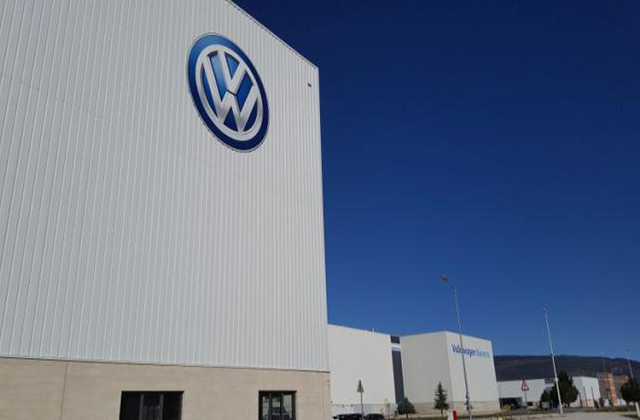Bankinter | The German company could close three plants in Germany. Until now everything pointed to the closure of two plants, one dedicated to the production of vehicles and the other to components. Now the unions claim that the measure could be extended to three factories and include the reduction of installed capacity in other European plants. Volkswagen has not confirmed the news. It could provide more details on Wednesday when it publishes its Q3 results.
Analyst’s view: The group maintains a €10bn cost-cutting programme until 2026 within its Volkswagen brand (approximately 11% reduction in total group costs over the whole period). The closure of these plants would be part of this initiative and would join other measures already implemented related to workforce reduction. This is the first time that the company is considering plant closures in Germany and faces opposition not only from the trade unions, but also from the government. It is worth remembering that the state of Lower Saxony is the second largest shareholder of the company (11.8% stake and 20% voting rights). The measure will therefore be difficult to implement. Nevertheless, it seems to us to be a wise decision.
Volkswagen issued its second profit warning in three months a month ago. A weaker-than-estimated macro situation leads it to anticipate that its revenues will fall (1% approximately) this year and its EBIT margin will suffer (5.6% forecast now versus 7.0%/7.5% initially). Gaining efficiency is key to improving profitability and the plants it plans to close have a cost structure 25%/50% higher than the targets set by the group.





